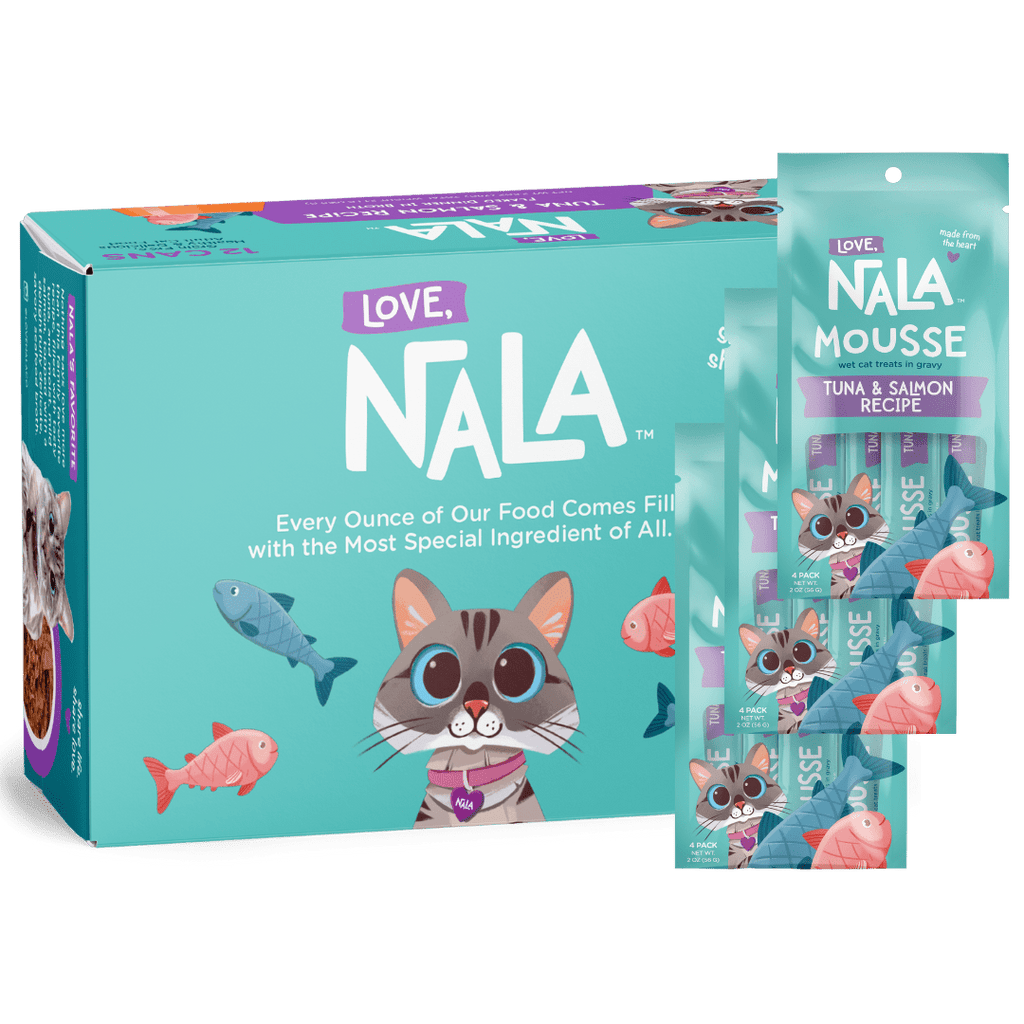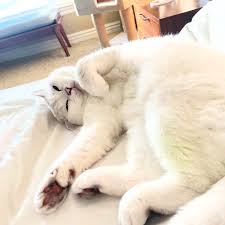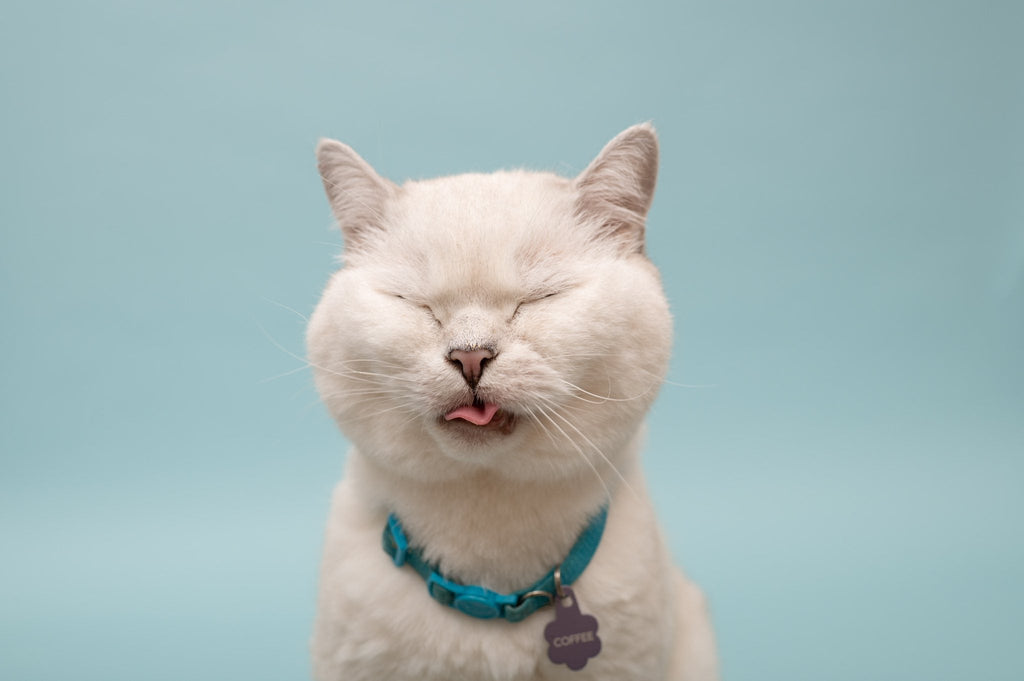If you’ve been to a pet store recently, you may notice that there are a lot of kinds of cat food marketed toward kittens, adults, and senior kitties. This is because cats of different ages and stages of life have different dietary requirements. It’s important to feed your furry friend the correct food to keep them healthy for all nine of their lives.
KITTENS
Cats are considered kittens until they’re one year old and they should be eating kitten food until then. Kittens need additional calories, protein, healthy fats and minerals such as calcium and phosphorus to help them grow big and strong. During their first year of their lives, kittens will increase their body weight by up to 50 times! While their bodies are still growing, they need kitten food.
For the first month of their lives, kittens should be able to obtain all of their nutritional requirements from their mother’s milk. When they’re about a month old, kittens start weaning off their mother’s milk and onto solid food. By the time they are two months old, kittens should be fully weaned and able to eat wet and dry food with ease.
Getting adequate protein is especially important for growing kittens. It helps with the formation of muscle, skin, fur, nails, and internal organs. Protein also forms the basic structure of the hormones, enzymes, and antibodies needed for a healthy immune system. Because it is so crucial to their health and development, kittens must have a minimum of 30% protein in their diet. The protein should come from animals like fish or poultry rather than vegetable- or cereal-based proteins.
Fat is another key nutrient for growing kittens because it contains 2.5 times more energy than either protein or carbohydrates. Kittens need much higher levels of energy than adult cats to support their growth. Fat helps kittens’ bodies absorb and store vitamins and nutrients.
Because kittens have to build bone and muscle very rapidly, they need high levels of calcium and phosphorus in their diets. In fact, kittens require twice as much calcium as adults.
Food that is formulated for growing kittens provides all of these essential nutrients in the correct amounts to help your kitten develop into a healthy adult. Once they reach maturity, they won’t need the same amounts of nutrients and their diet should be adjusted accordingly.
ADULTS
When kittens are approximately one year old and stop growing, you can switch them to an adult food with less protein, fat, and calories. Look for cat food that is labeled as all life stages. A healthy adult food should contain high-quality, whole-food ingredients with no additives, preservatives, or artificial colors and flavors.
Adult cats get their energy from protein and fat. Their food should contain 25-40% protein, whereas kitten food typically contains 35-50% protein. As they become less active than they were as kittens, they need to eat fewer calories. By feeding your cat the proper amount of calories, you can balance their energy needs and maintain their weight. Adult cat food also contains vitamins and minerals that help cats age gracefully, ease digestion, and reduce inflammation.
Adult cats should be fed twice daily and the amount they are fed should be based on their body size, metabolism, and activity level. An active cat should eat a diet higher in protein to help them maintain their energy levels while a sedentary cat should eat a lower calorie diet to help them maintain a healthy weight. You should also consider any health issues your cat may have, like allergies, digestive troubles, or food sensitivities, and choose a food that's specifically designed for them.
SENIORS
Cats are considered seniors once they reach about eight or ten years old. As they age, cats may develop medical issues, including dental problems, diabetes, kidney disease, and arthritis. Your veterinarian can determine if a specialized diet would help your senior cat age healthy, fully, and gracefully.
Senior cat food is lower in calories and protein to help reduce the risk of obesity, and higher in fiber to help with digestion. This is because seniors have a more sedentary lifestyle and don't expend as much energy as younger cats and kittens and because their muscles and bones are already fully developed. Senior cats typically require only 70-80% of their previous daily calories. However, geriatric cats over eleven years will likely need more calories once their body condition and weight declines.
It is important to closely monitor your cat’s body condition and muscle condition and keep both in a good range. Maintaining your cat’s body and muscular conditions helps lessen the risk for many age-related diseases thereby increasing their lifespan.
Protein is a critical nutrient for maintaining good physical health in the face of aging. A high protein, low carbohydrate diet is ideal for healthy senior cats, while older cats with health issues will need a modified diet specific to their body’s unique needs.
CONCLUSION
While these general guidelines will help ensure your cat is getting the balanced diet they need to stay healthy and happy, every cat is different so deciding on the proper food for them should be determined by their activity level, weight, and overall health. And always remember to consult with your veterinarian to make sure you are feeding your cat an adequate diet.
Love, Nala



















